The UK government should stop ignoring the science and block a bee-killing pesticide from being used, business leaders have said.
The neonicotinoid pesticide Cruiser SB is used on sugar beet and is highly toxic to bees. It is banned in the EU but the UK has provisionally agreed to its emergency use every year since leaving the bloc. In 2017, the then environment secretary, Michael Gove, promised to use Brexit to ban all neonicotinoids.
Government scientific advisers said in September they were not able to support an authorisation for Cruiser SB, because the “potential adverse effects to honeybees and other pollinators outweigh the likely benefits”.
Now a group of businesses that depend on pollinators, including some farmers and those who use botanicals in their products, have said the government must heed their advice and not allow bee-killing pesticides to be used.
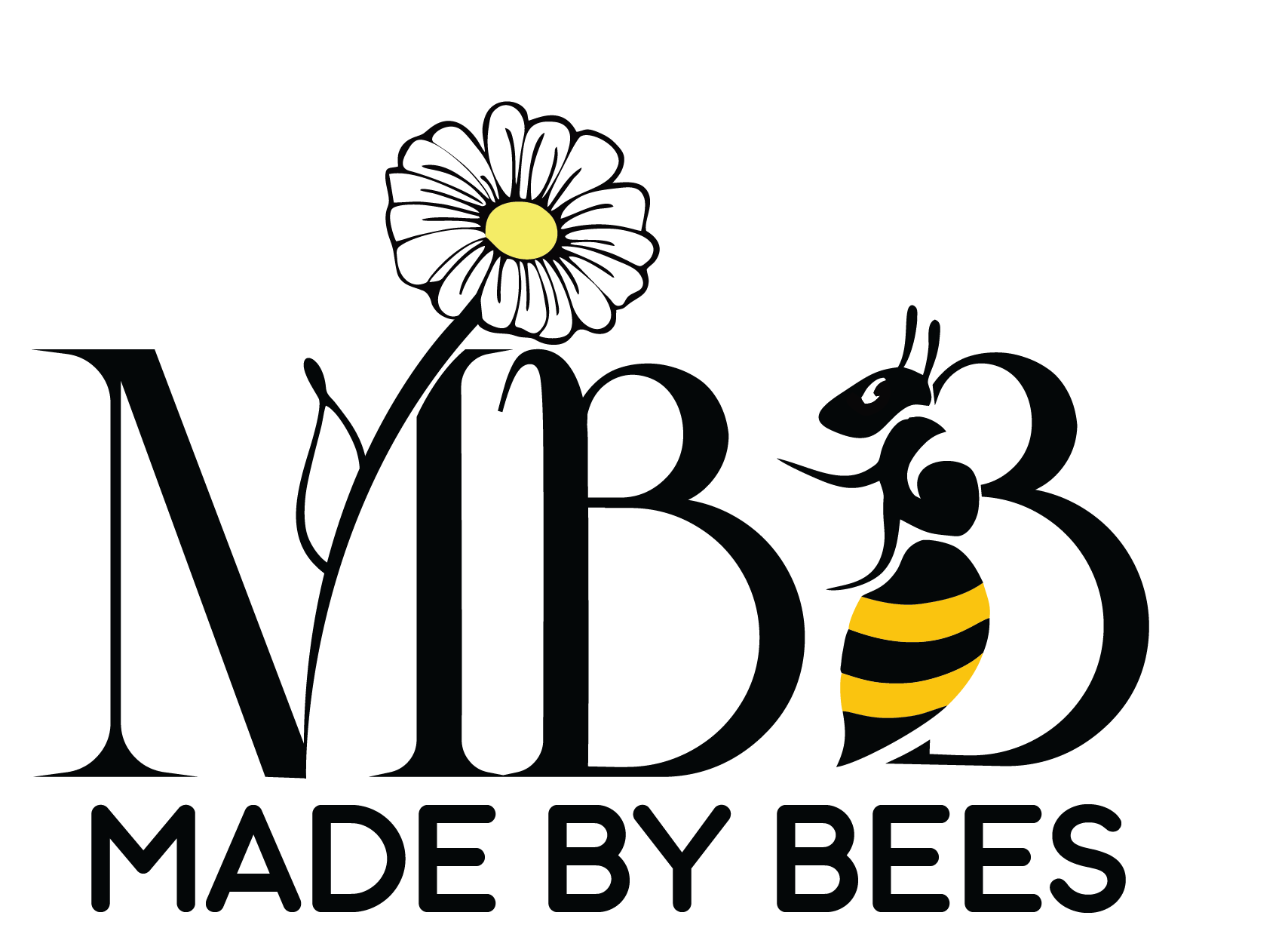
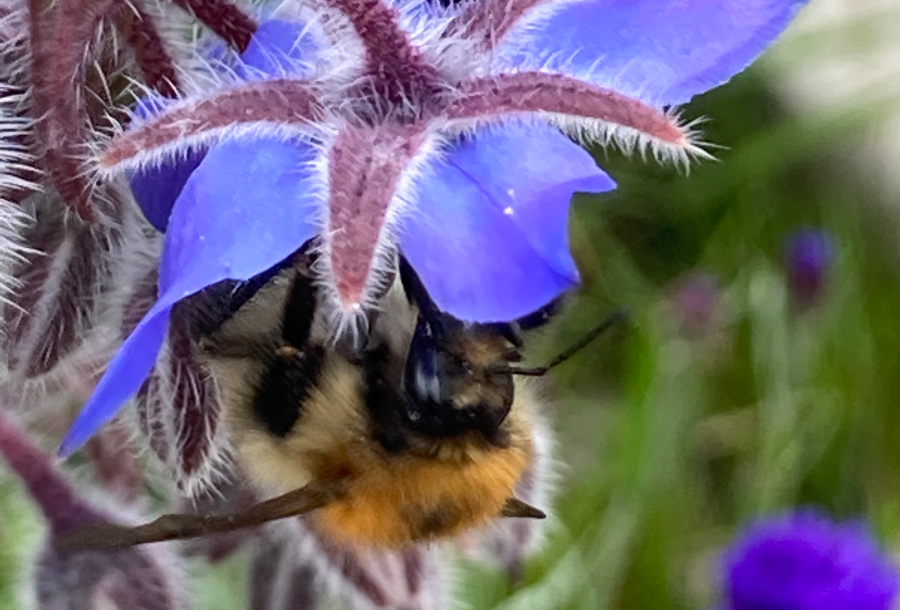
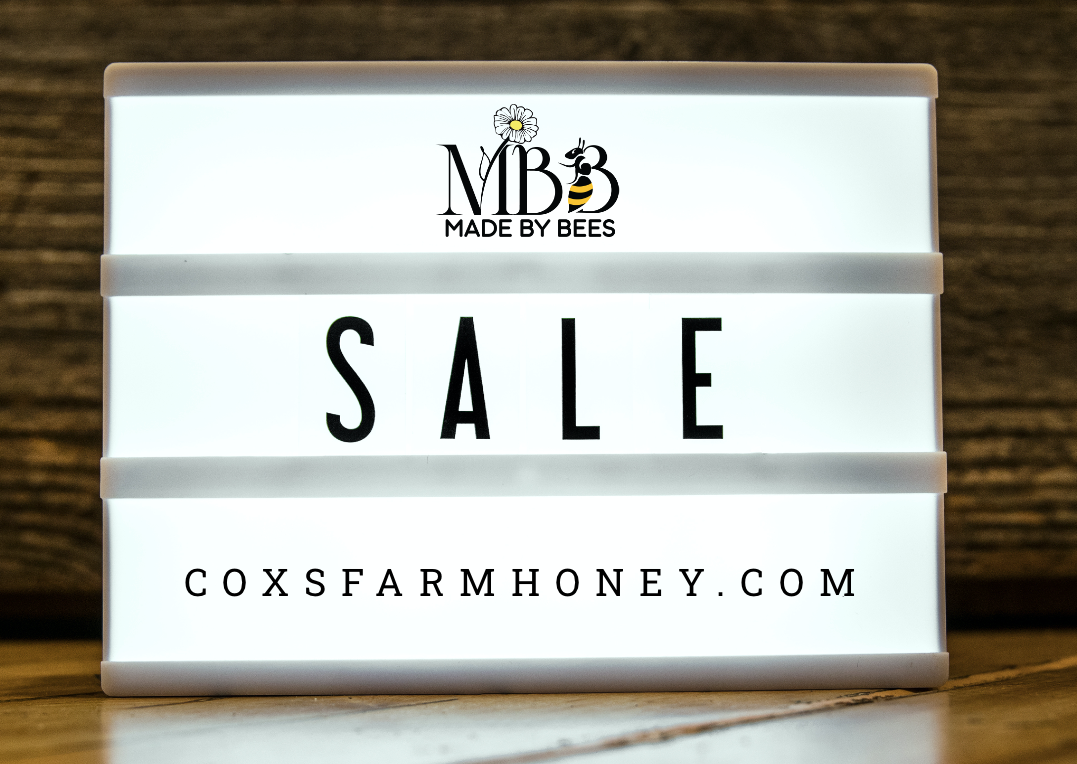
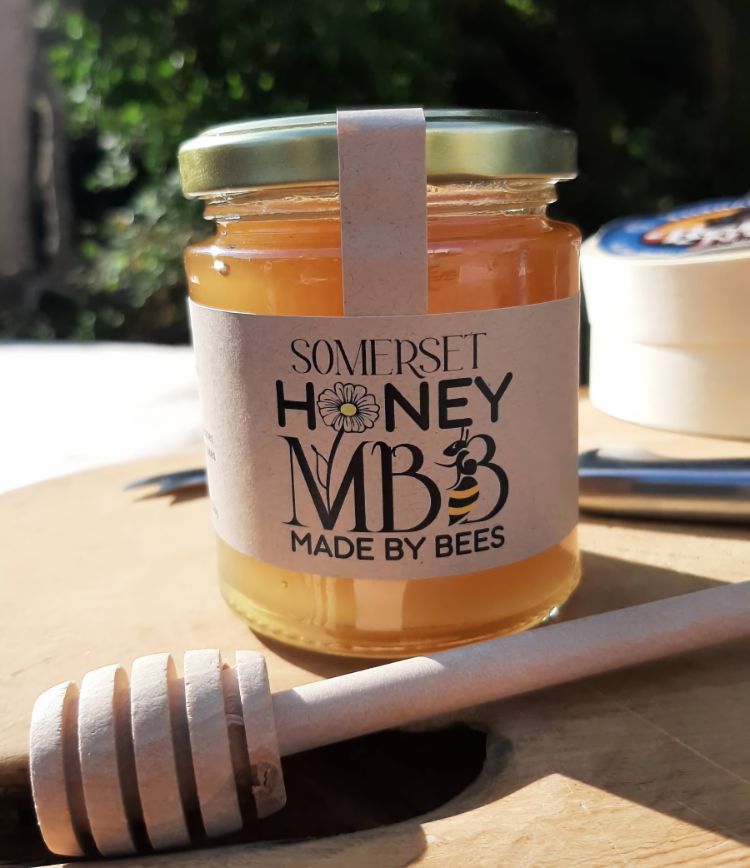

Share:
When is your honey back in stock?
What’s the buzz about beeswax candles…